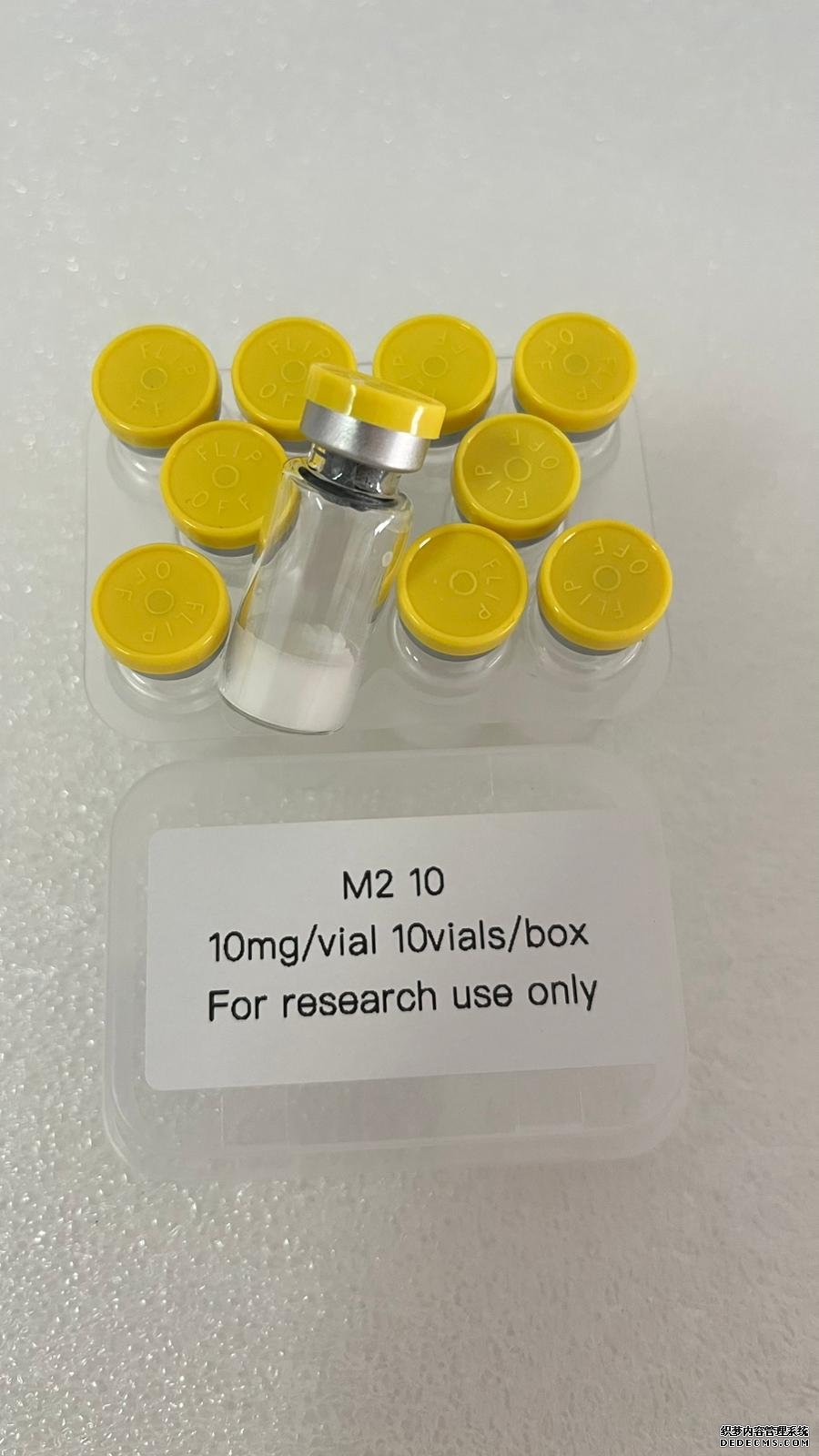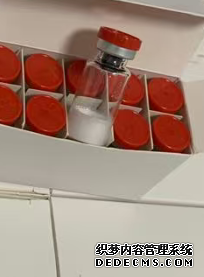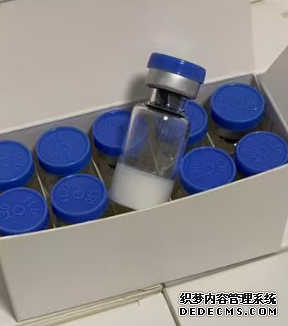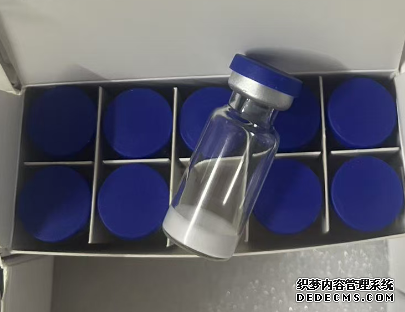Blog
Top Peptides for Muscle Recovery in 2025
Writer: admin Time:2025-06-03 17:02 Browse:℃
Whether you're researching post-injury recovery or muscle regeneration, 2025 brings renewed focus on peptides as powerful tools in performance science. Here are the top research peptides scientists are investigating for their impact on muscle repair, inflammation, and recovery:
1. BPC-157
Derived from a natural protein in the stomach, BPC-157 is one of the most studied peptides in tissue regeneration models. Research shows potential benefits in:
Tendon and ligament recovery
Muscle repair post-injury
Gut-brain axis studies
Inflammation control
2. TB-500 (Thymosin Beta-4)
TB-500 supports flexibility, tissue healing, and mobility in research environments. Common study areas include:
Actin regulation and cell migration
Muscle flexibility post-injury
Inflammation and oxidative stress
Cardiovascular tissue support
3. GHK-Cu (Copper Peptide)
Although better known in skincare, GHK-Cu has emerging applications in muscle tissue regeneration and wound healing.
Anti-inflammatory effects
Cellular regeneration
Collagen and elastin production
Why These Peptides Matter in 2025
With increased interest in non-pharmaceutical approaches to recovery and injury prevention, peptides offer a new path for research into:
Faster recovery protocols
Reduced downtime in athletic models
Safe tissue regeneration methods
Targeted biological responses
Choosing the Right Peptide Blend
The best results often come from stacking peptides with synergistic properties. That’s why many labs are now turning to combined solutions like the Wolverine Stack (BPC-157 + TB-500) to study layered recovery effects.
Final Word
The top peptides for muscle recovery in 2025 are clear: BPC-157, TB-500, and GHK-Cu lead the field. For researchers focused on speed, regeneration, and performance, these compounds offer exciting potential for breakthroughs in recovery science.






 QQ客服
QQ客服